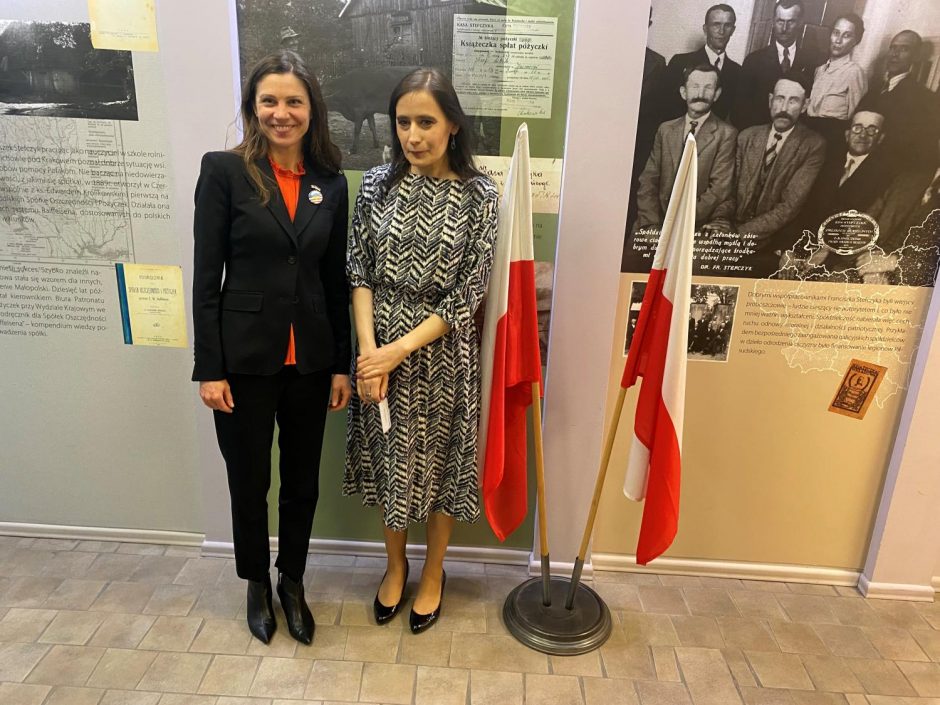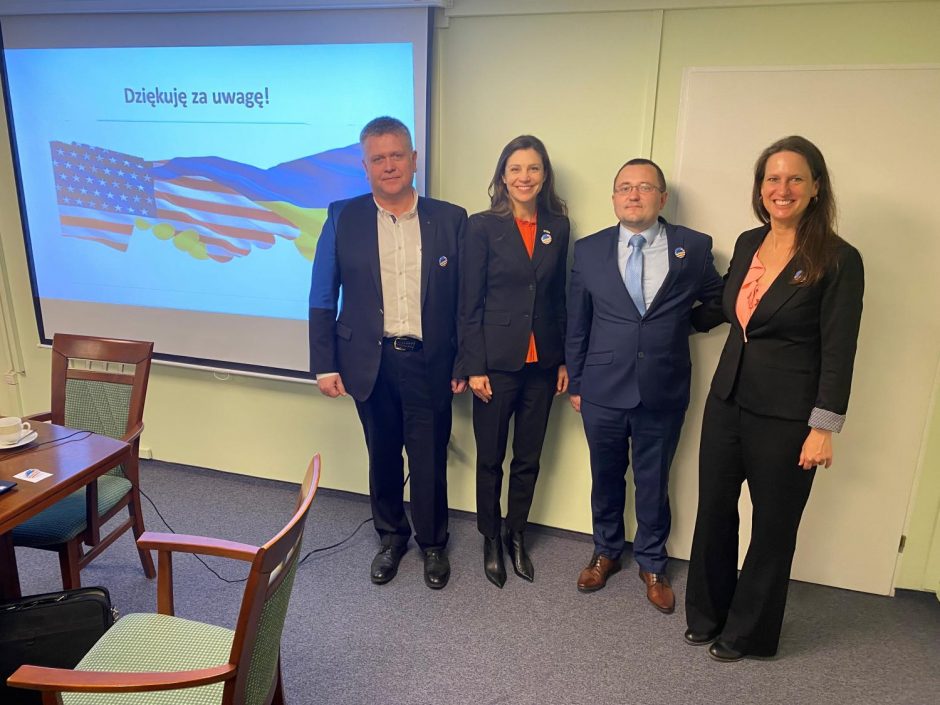Poland’s largest credit union, Kasa Stefczyka, has welcomed 500 new Ukrainian members since the start of the war in its neighbouring country.
In response to the Russian invasion of Ukraine, the Gydnia-based credit union, which has over 300 branches across the country, has set up a dedicated page on its website in the Ukrainian language that includes descriptions of its products and services. New members can also apply to join online using the credit union’s website.
The credit union also runs an interactive voice response (IVR) service that allows Ukrainian speakers to leave a voice message and receive a call back from a customer service representative who can speak to them in their native language.
Displaced Ukrainians arriving in Poland are able to apply for a government identification number which they can they use to join credit unions. Before the war Kasa Stefczyka had around 700 Ukrainian members – the number has grown to more than 1,200 following the invasion.

The credit union described some of its efforts to welcome Ukrainians during a meeting with Elissa McCarter LaBorde, president and CEO of the World Council of Credit Unions (Woccu).
Kasa Stefczyka currently provides uncollateralised loans for members with a six-month Polish employment history, but many Ukrainians arriving in Poland do not have this and are still looking for work. The credit union hopes to address this via a guarantee fund that would allow it to provide small loans to Ukrainian refugees.
Related: Ukrainian consumer co-ops report from the frontline
Woccu will be working with its team to search for possible loan guarantee options in the coming weeks and months. Kasa Stefczyka executives also told Ms McCarter LaBorde they foresee a future need for a guarantee fund that would allow them to provide small loans to Ukrainian refugees.

During her visit to Poland, Ms McCarter LaBorde also met with Oleksandr Plodysti, Ukraine’s consul general to Gdansk, who described how the conflict is affecting credit unions in Ukraine, causing liquidity issues, as some members are unable to pay back loans while others are withdrawing savings a high rate.
She also engaged with representatives from the United States Agency for International Development (USAID) and the United Nations Office for the Office of Coordinated Humanitarian Assistance (UNOCHA) to explore future opportunities to support Ukrainian agricultural needs through credit unions.

